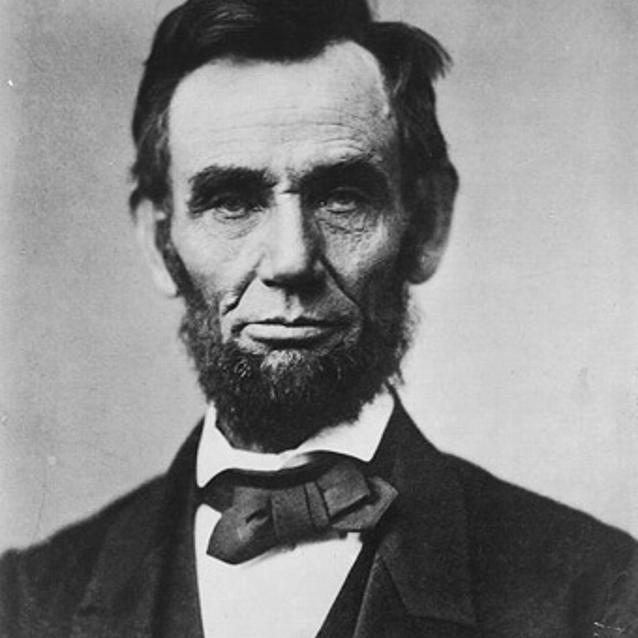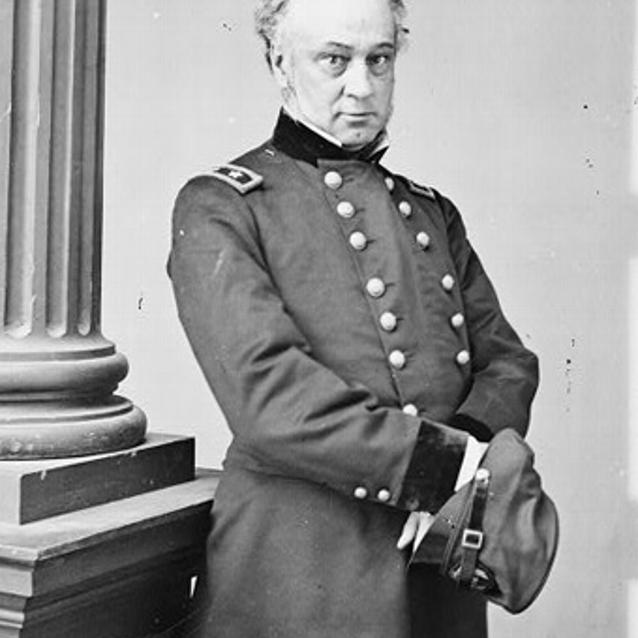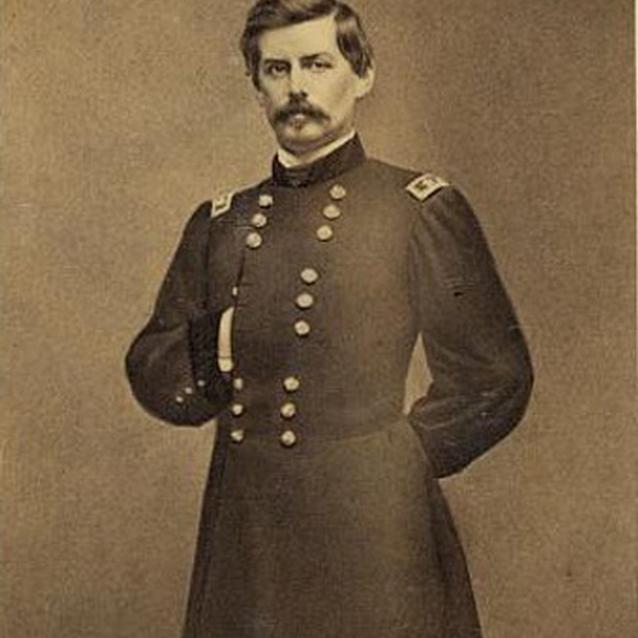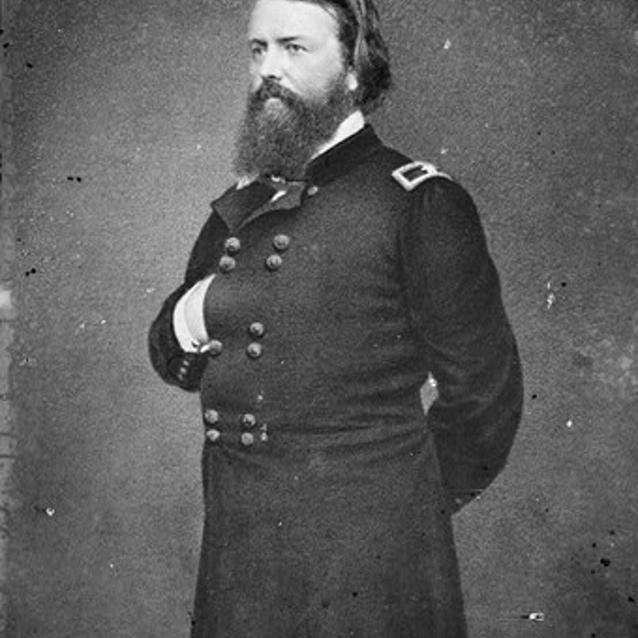The Union commanders seemed to be in trouble, by the time Second Manassas was approaching. With the Richmond Campaign being a loss for the Union, and a morale booster for the Confederates, the Union commanders needed to look into all aspects of the war.
"If we should be defeated, the consequences to the country would be disastrous in the extreme." General George B. McClellan
President Abraham Lincoln

Library of Congress
In his first year in office, things had not gone well for Lincoln. The 1861 defeats at Manassas and Ball's Bluff had been major setbacks for the army and his administration. Struggling to find the right general to lead the army, Lincoln hoped that 1862 would bring a victorious end to the war. By spreading responsibility to a new General-in-Chief, Henry Halleck, and the commanders of two armies, McClellan and Pope, he encouraged them to cooperate, advance, and win.
General Henry Halleck

Library of Congress
Known as "Old Brains," Halleck had written a popular textbook on warfare and was considered an authority on military strategy. However, much of his success on the western battlefields in the spring of 1862 were due to the efforts of his subordinates. Nevertheless, Lincoln called him to Washington to be his top military advisor and coordinate the two eastern armies. However, Halleck's timidity and poor communication skills would be serious liabilities.
General George B. McClellan

Library of Congress
Welcomed as the savior of the Union when he took command of the armies after the First Battle of Manassas, McClellan managed to squander most of that good will by displaying noticeable arrogance and an aversion to sustained attack. His defeat in the Peninsula Campaign further damaged his reputation and left the door open for other generals to shine. McClellan, though, still in command of the Army of the Potomac, was eager to regain position and again feel the admiration of the Union.
General John Pope

Library of Congress
Serving under Halleck in the West, Pope scored victories on the advance to Memphis, Tennessee. Picked to command the new Army of Virginia, Pope displayed a blustery and blunt style. Publicly insulting McClellan, Pope proclaimed that his army would always be on the offensive and he had no need for "lines of retreat." This rhetoric was embraced by the newspapers, but left many officers in his own army eager to see him fail.
Part of a series of articles titled The Vortex of Hell.
Previous: Pushing Forward
Last updated: August 14, 2017
